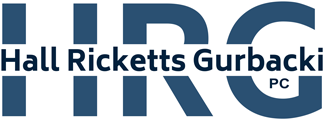In general terms, a skilled nursing facility would be a place for you or your loved one to receive a level of care somewhere between a hospital and a residential assisted-living program. All certified nurses should have a certain level of skill, so this is not a term that indicates any type of professional capacity.
Instead, “skilled nursing facility” is more of an official classification. You may need it for services such as wound dressing, IV treatment and catheter administration. Here is how it could interact with certain insurance programs you may have.
Medicaid definitions
The term “nursing facility” and its proliferation throughout the elder-care industry likely find a root in federal regulations. As explained on Medicaid’s official website, there are three types of nursing care available at federally sanctioned nursing homes:
- Long-term health maintenance
- Rehabilitation
- Skilled nursing
New York requirements
Any facility that accepts Medicaid for nursing facilities must meet New York’s stringent requirements. If you are considering an out-of-state care provider, you may want to compare the requirements and rules between the two states before you make your final decision.
Insurance acceptance
In general, Medicaid would probably cover your short-term skilled nursing care. However, there could be time limits and limitations that apply to various other aspects of care. For example, Medicaid might cover some of the costs associated with long-term care in shared rooms, but not those associated with private rooms.
As for your private insurance, your skilled nursing coverage would depend on the policy you carry. There are too many different terms and limitations to even speculate about coverage, so you would want to consult with your provider or review your benefits documentation.
Eligibility for coverage
Barring robust private insurance coverage, another thing to consider could be eligibility for Medicaid. You could have legal options to both preserve your assets and meet financial requirements for Medicaid.
